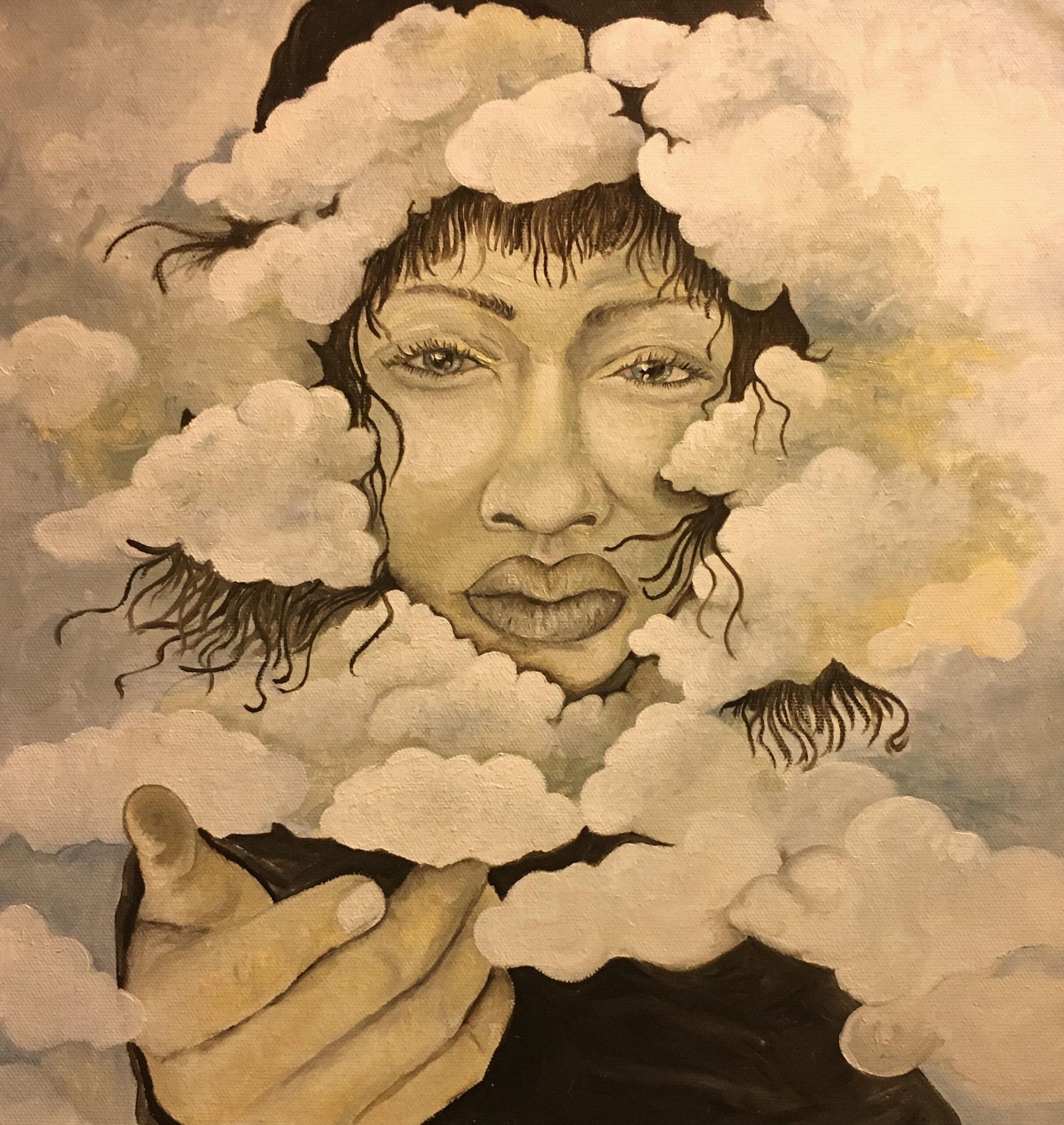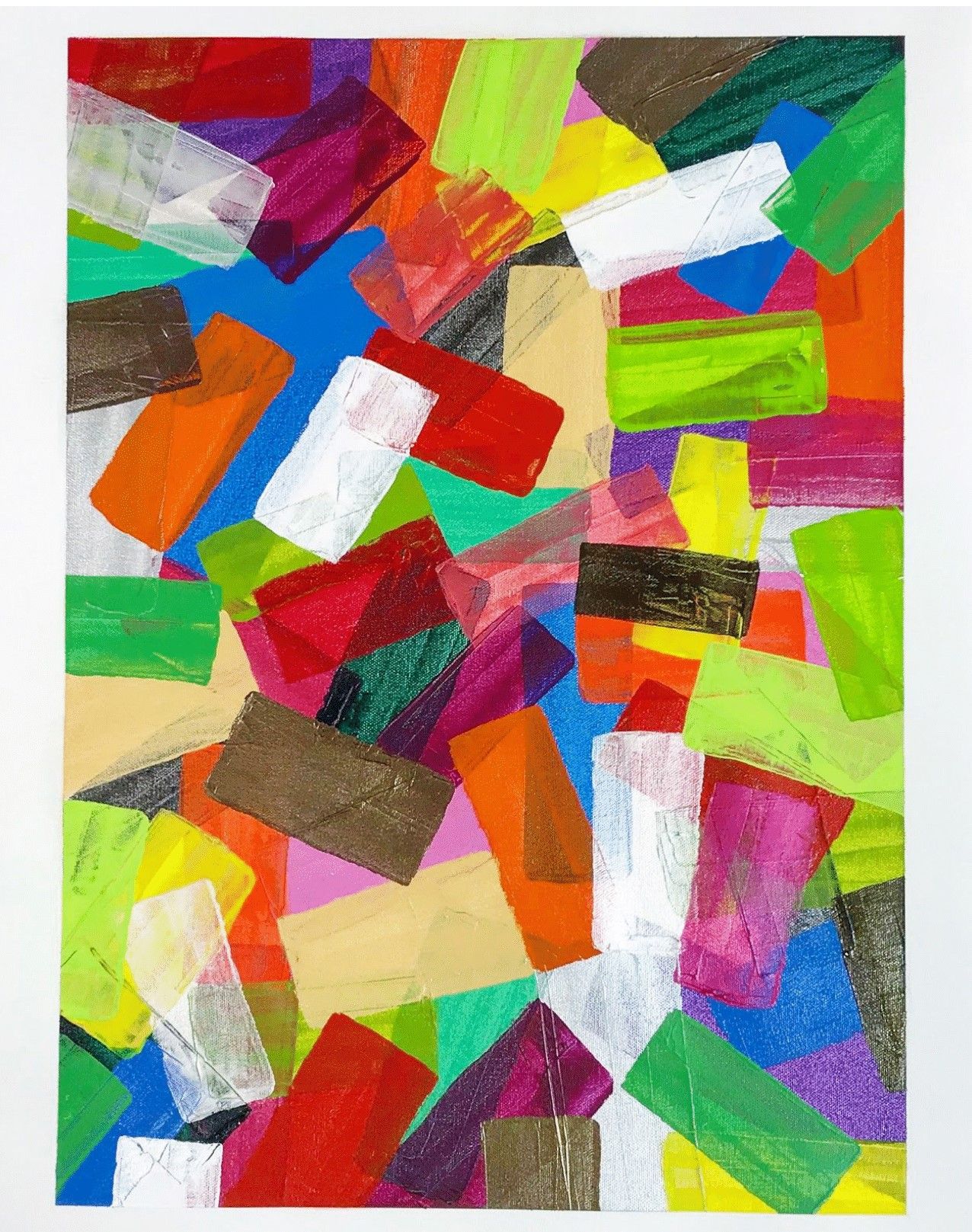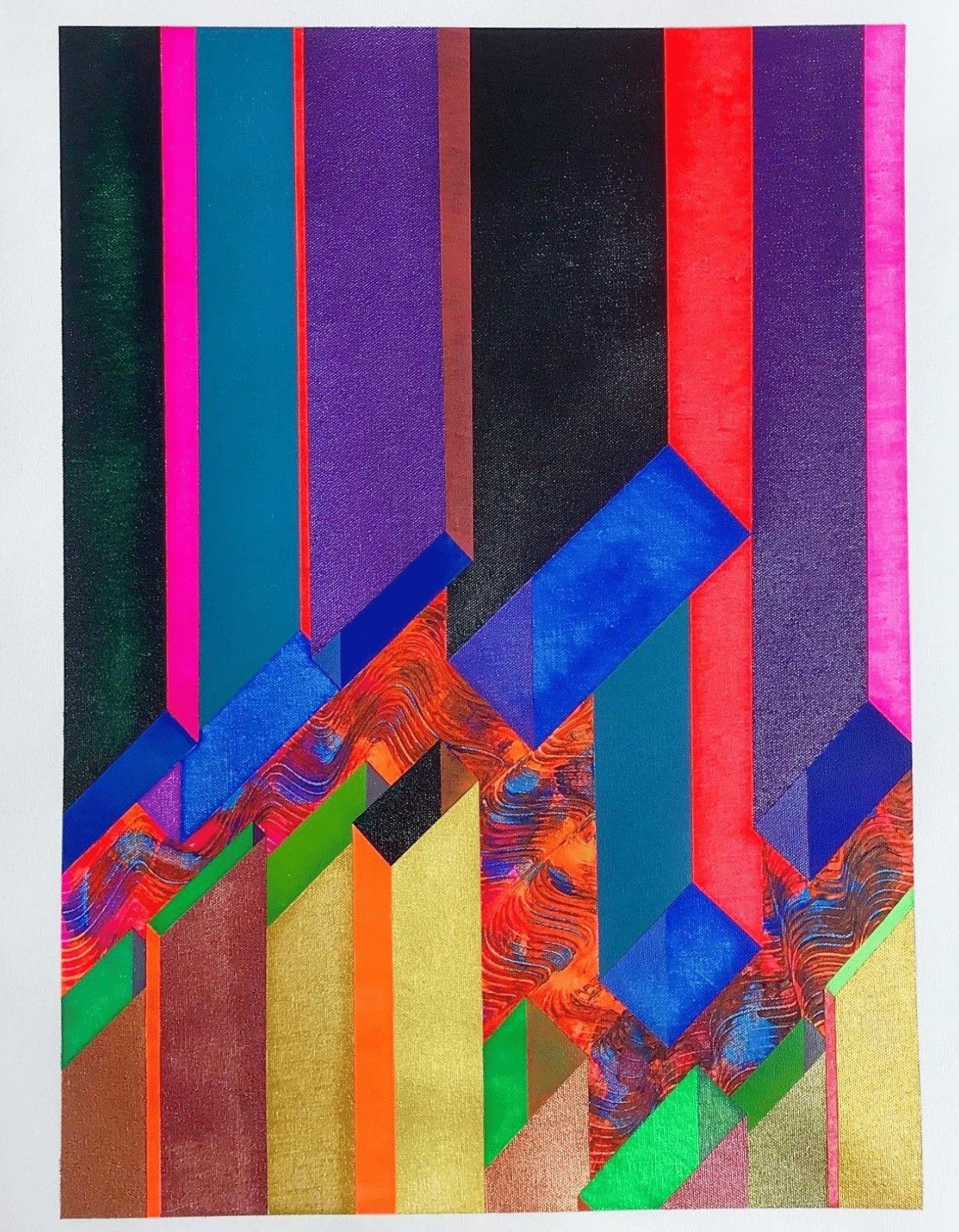Gathering
They talk of lavender love gardens
And epiphany in the peas.
Hunter-gatherers all,
Making new connections
With old principles and new friends.
Shoshone and Paiutes mainly,
Led to Ga-Du-Gi gardening
By an Eastern Cherokee.
There are visions of course.
We Whites like them set out on paper
To justify our involvement,
And the government funding.
The Native people don’t trust paper much.
We don’t discuss why.
We know why.
“Hoopsters” they laughingly call themselves,
With visions of hoop houses
Springing up like pinion-juniper
Across the high desert.
We write this down under goals and objectives,
And try to fit them into a Spirit Wheel.
Yet, we share enough of our own spirit
To bond with the unstated fears,
The unrealized dreams.
Outside the fresh air heightens our senses.
We have our own Wheel now,
Too ephemeral to discuss,
Lest it vanish in harsh realities.
Decades come and go,
But the Earth abides;
Ready to nurture and sustain
Those attuned to her rhythm and needs.
We are getting there.




